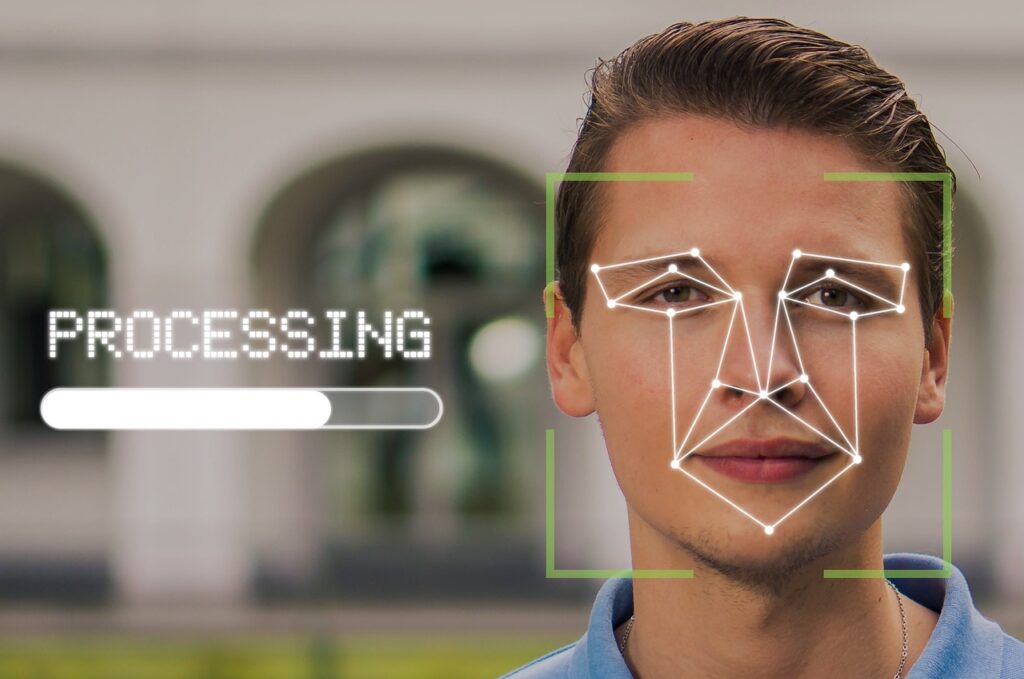
We are increasingly using biometrics for authentication in our lives. From unlocking our phones to accessing our bank accounts, we are using our unique biological features such as fingerprints, face recognition, voice recognition, and even iris scans as a means of authentication. While this method of authentication seems futuristic and convenient, it’s not without its drawbacks. We’ll look at the pros and cons of biometrics authentication in this article, assess their risks and benefits.
The Pros of Biometric Authentication
- Enhanced Security
Enhanced security provided by biometric authentication is its primary advantage. It is possible to break your password, steal or forget it. On the contrary, biometric authentication is unique to each person and virtually impossible to duplicate or counterfeit. Fraudsters can therefore gain unauthorized access to confidential information much more easily. - Convenience
The convenience that biometrics offers is an additional advantage. There’s no need to remember passwords or carry around security tokens. Instead, you can simply use your unique biological features to authenticate yourself. It doesn’t just save time, but it also facilitates the work of those who have trouble remembering passwords. - Improved Customer Experience
Biometric authentication can improve the customer experience. For example, to identify customers as they enter the shop, companies can use facial recognition technology. This can help provide a personalized experience, with the business greeting the customer by name and offering personalized recommendations.
Biometric authentication can also help streamline the checkout process, reducing waiting times and making shopping more efficient. This can help increase customer satisfaction and loyalty. - Accuracy Biometric authentication systems are highly accurate. They use advanced algorithms and sophisticated technology to ensure that the person authenticating themselves is who they claim to be. In cases where accuracy is important, such as in security checks at airports or investigations into crimes, this form of information will be especially useful.
The Cons of Biometric Authentication
- Privacy Concerns
The privacy concerns that it raises may be the most essential drawback of biometric authentication. It can be considered an infringement of privacy to collect and store biometric data. Biometrics are of great personal and confidential nature; there is a risk that they may be counterfeited, used or sold to other parties. - System Vulnerabilities
Another disadvantage of biometric authentication is the potential for system vulnerabilities. As with any technology, biometric authentication systems are not foolproof. There’s always the risk of system glitches, hacking, or data breaches. If this were to happen, the consequences could be severe, as biometric data cannot be changed like passwords can. - Implementation Costs
Implementing biometric authentication can be costly, especially for smaller businesses. Biometric authentication systems require specialized hardware and software, and training staff on how to use them can also be expensive. For larger organizations, the cost of implementing biometric authentication can be significant, especially if they need to upgrade their existing IT infrastructure. - False Positives and Negatives
Biometric authentication systems are not infallible, and there’s always the danger of mistaken positives or negatives. False positives occur when the user is incorrectly identified by a system as an authorized user, whereas false negatives are encountered if it fails to recognize authorized users. The correction of these errors may be difficult and lengthy, especially in high-risk situations.
The Risks and Benefits of Biometric Authentication
There are many benefits to be gained from biometrics, such as improved security, convenience, and accuracy. The risks, such as privacy concerns, system vulnerabilities and erroneous positive or negative indications, are also present. However, this risk and benefit should be fully understood before deciding whether biometric authentication is to be used.
The specific use cases should be considered when assessing the risks and benefits. Biometric authentication could be an excellent choice in high security situations, like access to nuclear power plants, but it’s not necessarily the most appropriate means of daily use than using social media accounts.
Conclusion
Biometric authentication is an important technology with a wide range of advantages, but not without its risks. It’s essential to consider the specific use case and thoroughly evaluate the risks and benefits before implementing biometric authentication. The temptation to jump into biometric authentication may be tempting, but ensuring that the benefits outweigh the risks is of paramount importance. We can expect a higher degree of advanced biometric authentication methods in the future when technology continues to evolve. While these new methods may offer even greater security and convenience, they will also likely bring new risks and challenges.
